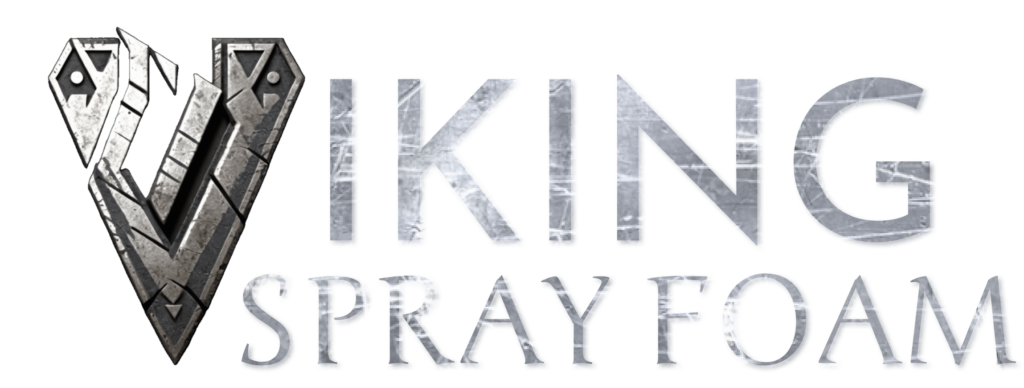Home Insulation Tax Credit
You wouldn’t leave the front door wide open during a Puget Sound winter, right? Yet that’s basically what you’re doing if your home isn’t properly insulated. Fortunately, Washington State is offering real help — not just with utility savings, but with serious tax credits and rebates that make upgrading way more affordable.
If you’re like me, you probably used to think home energy stuff was all just buzzwords and red tape. But after digging into it (and, frankly, after seeing my heating bill last December), I realized it’s way more accessible than people think. Let’s break it down the way someone should have explained it to me.
Can you claim insulation on your taxes?
Short answer: yes, you can. If you install insulation in your primary residence — we’re talking fiberglass batts, spray foam, blown-in cellulose, rigid foam panels, you name it — you can claim a portion of that cost on your federal taxes under the Energy Efficient Home Improvement Credit.
There are a couple catches though (because of course there are). First, it has to meet certain energy efficiency standards — basically, cheap low-grade stuff doesn’t qualify. And second, installation costs for insulation materials can be included.
The IRS confirms these details on their official site: Energy Efficient Home Improvement Credit | IRS.gov.
That’s huge because labor isn’t always cheap around here, especially if you’re retrofitting an older craftsman or mid-century home.
What is the Home Energy Tax Credit?
The Home Energy Tax Credit — officially called the Energy Efficient Home Improvement Credit — is a revamped tax break under the Inflation Reduction Act (IRA) passed in 2022.
It lets you claim 30% of the cost of eligible improvements, up to $1,200 per year for general upgrades like insulation, windows, and doors. (Different caps apply for bigger projects like heat pumps or solar panels.)
It’s a dollar-for-dollar reduction in the taxes you owe — not just a deduction. The details are right here if you want to get nerdy about it: IRS Energy Efficient Home Improvement Credit FAQs.
When I finally wrapped my head around that, it felt like finding $20 in an old coat pocket — except way better.
Can you get a tax credit for insulation?
Absolutely, yes. Insulation is specifically called out under the federal program.
To qualify, your materials have to meet the current IECC standards (International Energy Conservation Code) for your region. Good news: most reputable contractors and suppliers in Washington already use compliant products, especially because our building codes are stricter than average.
I upgraded my attic insulation from R-19 to R-49 last fall. Was it cheap? Nope. But between a fat rebate from Puget Sound Energy and the federal tax credit, I clawed back a good chunk of the upfront cost — and my house is so much cozier now. I don’t even have to double-sock it anymore.
What is the Washington State Power Rebate?
Washington State is rolling out a brand-new program under the Inflation Reduction Act: the IRA Home Energy Rebates.
Here’s the meat and potatoes:
If you’re moderate-income (80%-150% of Area Median Income) or low-income, you could qualify for upfront rebates when you improve insulation, upgrade HVAC systems, or electrify your home.
These rebates aren’t just promises. They’re designed to take real dollars off the contractor’s invoice immediately — no waiting until tax season.
Full program details and timelines are available on the official state site: Washington State Department of Commerce – IRA Home Energy Rebates.
Availability is expected to roll out in late 2024. Meaning: if you’re planning home upgrades now, you might want to line things up to catch both the rebate and the tax credit. That’s a one-two punch to high energy bills that actually makes financial sense.
Honestly, before I started looking into all this, I figured rebates were just marketing fluff — like the “free” warranties you get when you buy a blender. But Washington’s programs, especially combined with the federal incentives, are genuinely worth it. They’re real money on the table for homeowners who are willing to jump through a couple of (honestly not that bad) hoops.
So if you’re tired of paying crazy heating bills or just sick of feeling a draft like a ghost is creeping down the hallway, it might be time to insulate… and get paid for it.
